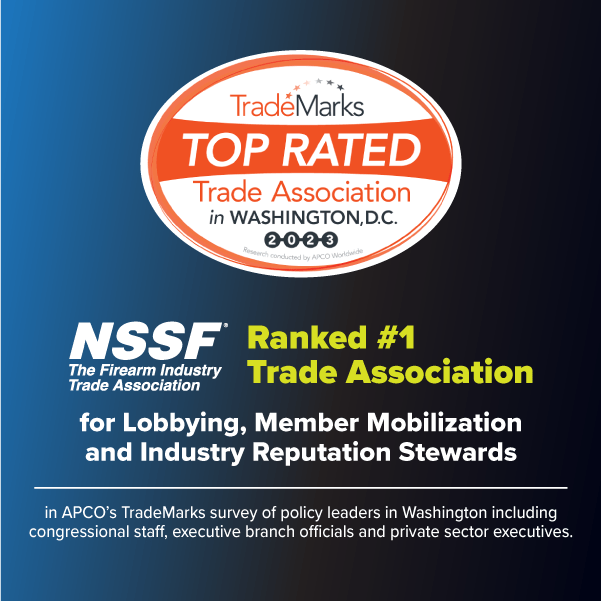 Back to News
Back to News
June 2, 2011
Bills Introduced to Cut Taxpayer Subsidies of Extremist Animal Welfare Lawsuits
The end of wasting U.S. taxpayer dollars by animal-welfare organizations and environmental extremists that repeatedly sue the federal government is in sight with the recent introduction of the Government Litigation Savings Act (S. 1061 and H.R. 1996). This bipartisan legislation, sponsored by Rep. Cynthia Lummis (R-Wyo.) and Sen. John Barrasso (R-Wyo.), would amend the Equal Access to Justice Act (EAJA) to, among other things, cap legal fees and other expenses parties can recoup after winning lawsuits against the government, restrict who is eligible to receive reimbursements, limit repeat lawsuits and reinstitute tracking and reporting requirements. The EAJA was originally passed to give individuals, small businesses and nonprofits who otherwise could not afford to sue the government for alleged wrongdoings access to the courts, thereby leveling the playing field. For more than a decade, however, some well-funded, special-interest groups have abused the EAJA to push their agendas and have made a cottage industry of suing the federal government. They know that all or a substantial portion of their lawsuits will be paid on the backs of hardworking American taxpayers, regardless of whether these groups win their cases.
The largest animal-welfare organizations are financially well-off, yet still are able to receive taxpayer subsidies for their lawsuits against the federal government. Other organizations exist and are able to continue to operate because the awards they receive keep them in business. Sponsors of the proposed legislation discovered that 14 environmental groups have recovered $37 million from taxpayers by filing more than 1,200 lawsuits in 19 different states and the District of Columbia against the federal government, thanks to the EAJA and other laws . In fact, one animal-welfare group over a two-year period recouped more than $540,000 in attorney’s fees and costs in just two lawsuits against the U.S. Fish and Wildlife Service (USFWS). The money paid to this group consists of Pittman-Robertson funds collected from sportsmen that could have been better spent on wildlife and conservation initiatives. Additionally, federal land and wildlife agencies that are routinely sued by the same groups are forced to bring their work to a grinding halt in order to contend with such litigation.
It is no surprise that one of the leading opponents to amending the EAJA is the Center for Biological Diversity (CBD), which in November 2010 sued the Environmental Protection Agency to ban traditional ammunition after its initial petition to the agency was denied. The National Shooting Sports Foundation (NSSF), the National Rifle Association and other pro-sportsmen, pro-Second Amendment groups intervened in the case to protect against the attack on hunting and the shooting sports and the right of sportsmen to choose the ammunition that best suits their hunting and target shooting needs. Even among the most radical of animal welfare groups the CBD is considered extreme.
NSSF joins an overwhelming number of other industries in supporting the passage of the Government Litigation Savings Act — important legislation that will enable the firearms industry to promote, protect and preserve hunting and the shooting sports from frivolous attacks by radical animal and environmental activists and simultaneously prevent the tax dollars of hardworking and responsible sportsmen from being misused to subsidize these organizations and their operations.
Contact your federal lawmakers today and encourage them to co-sponsor the Government Litigation Savings Act.
Categories: Government Relations, Top Stories









